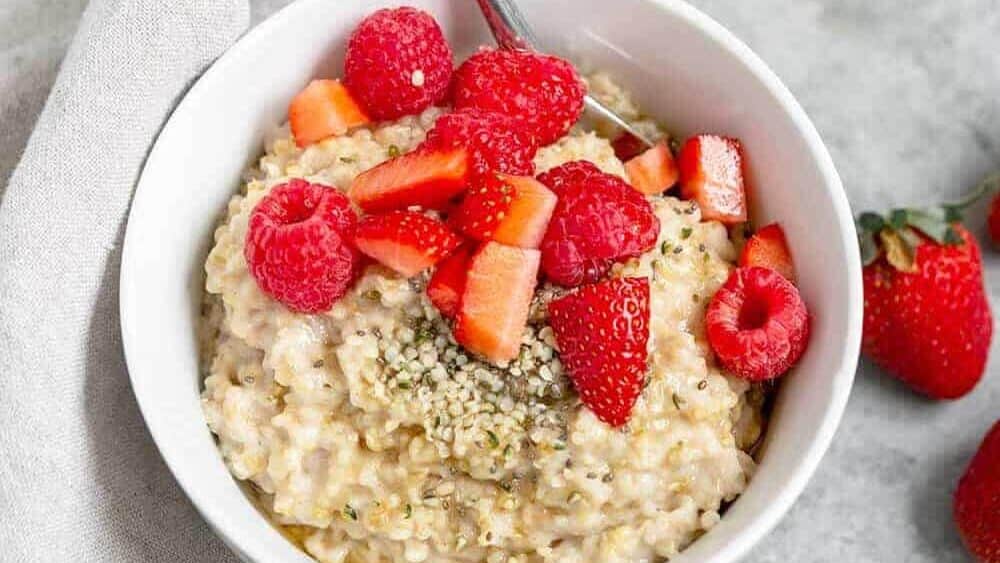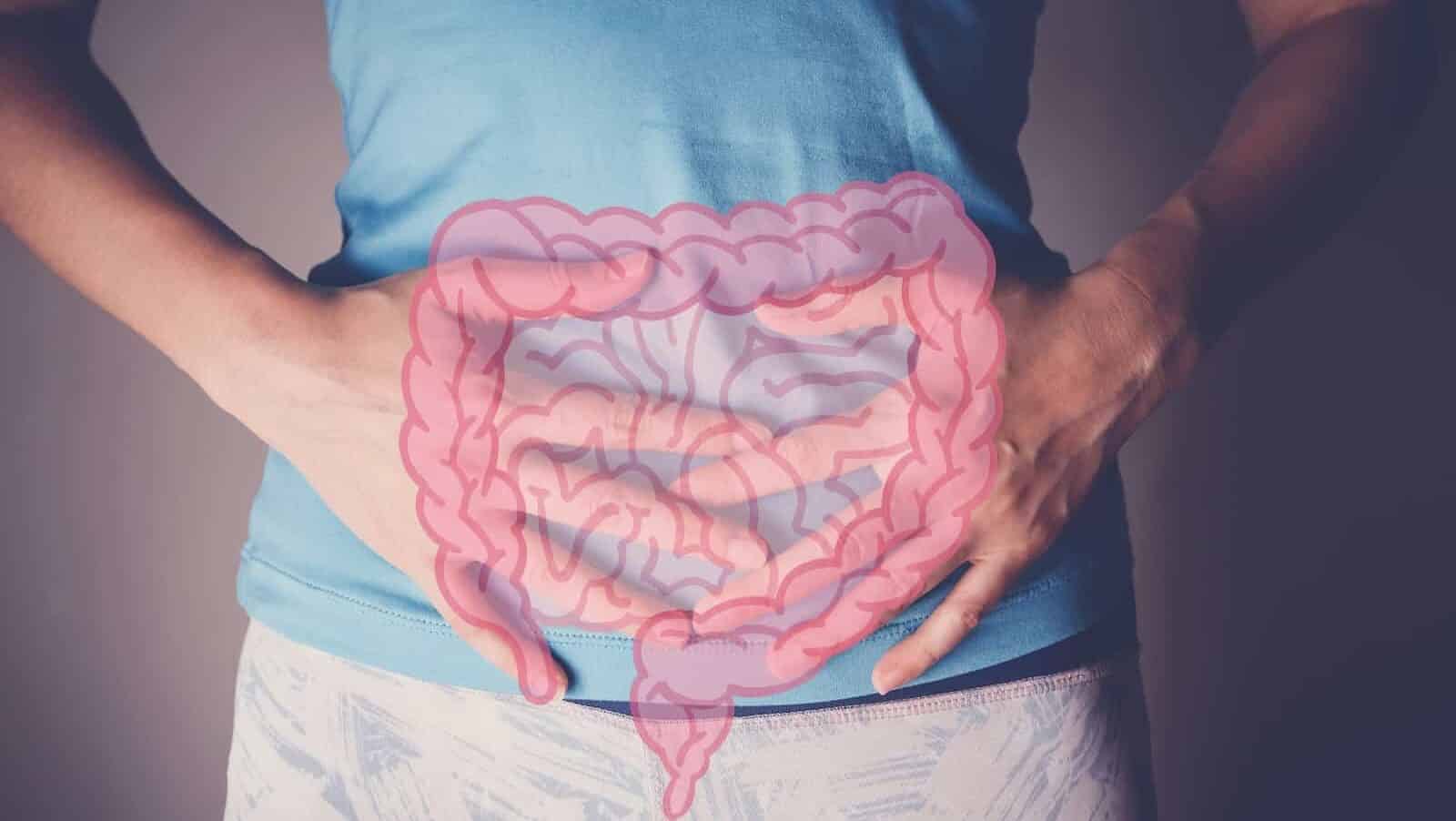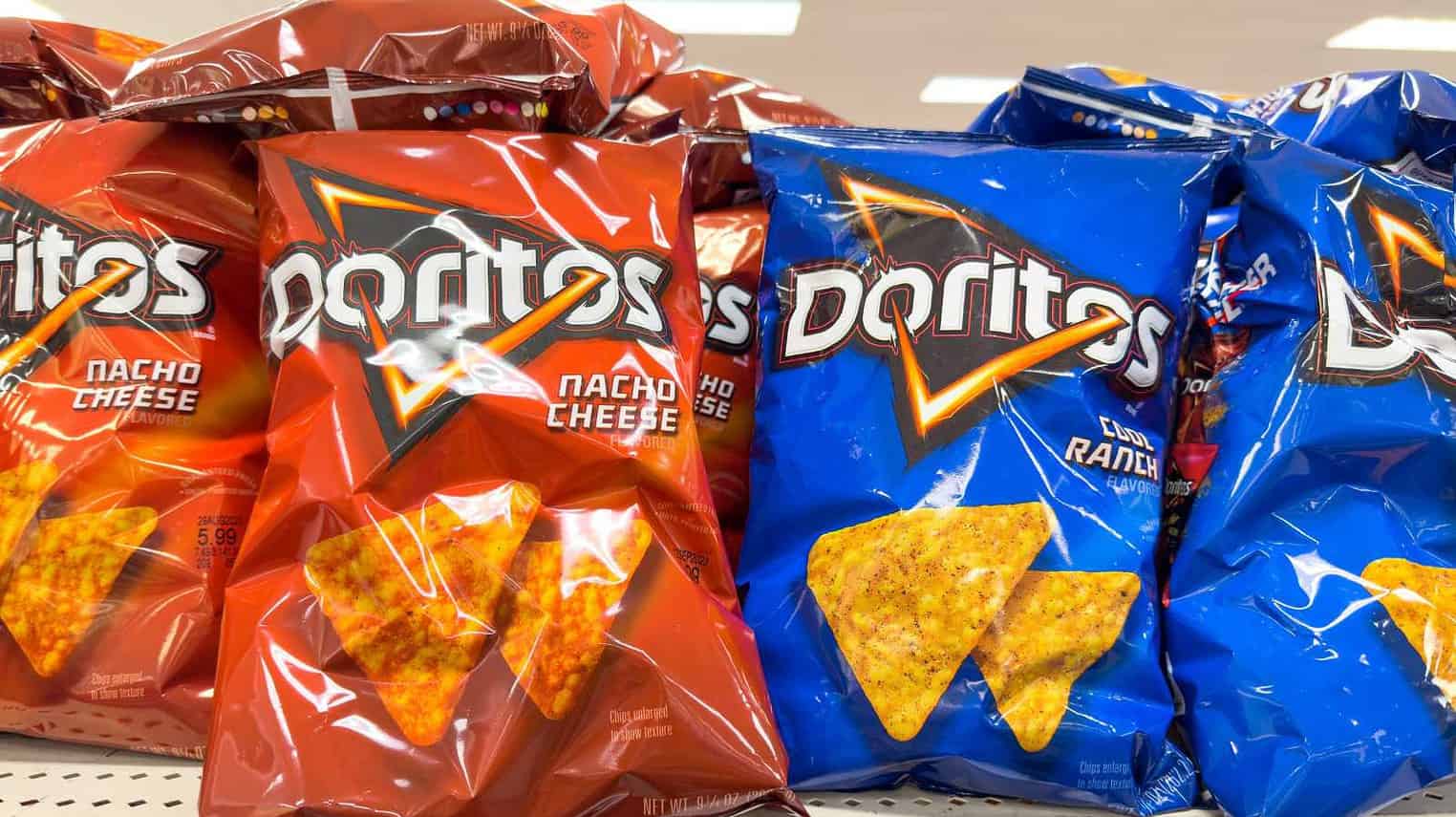12 Easy Ways to Improve Gut Health
A healthy gut is essential for feeling your absolute best mentally and physically. When your gut microbiome and digestion are working properly, your body can digest food, absorb nutrients, and keep your immune system in good working order.
However, with modern diets and stress, our gut health often suffers. This can lead to unpleasant symptoms like gas, bloating, and stomach pain as well as issues like weight gain and low energy levels.The good news is that making simple adjustments to your diet and lifestyle can go a long way toward supporting gut health.
Here are twelve dietitian-approved ways to improve your gut health.
Manage Stress Levels
Chronic stress can negatively affect gut health by altering the composition of gut bacteria and impairing digestive function. Implement stress management techniques such as regular exercise, mindfulness meditation, deep breathing exercises, and engaging in activities you enjoy.
Limit Artificial Sweeteners

The research on artificial sweeteners is varied and mixed, but animal models show that high levels of artificial sweeteners may alter the gut microbiome. If you already have gut issues, it’s likely a good idea to see if avoiding artificial sweeteners is helpful.
Stay Hydrated

Drinking an adequate amount of water throughout the day is crucial for maintaining optimal gut health. Water helps soften stool, prevents constipation, and supports overall digestive function. Aim to drink at least 8 cups (64 ounces) of water daily, or more, if you engage in intense physical activity or live in a hot climate.
Exercise Often

Engaging in regular physical activity offers numerous benefits for gut health. Exercise helps stimulate the muscles in the digestive tract, promoting better digestion and reducing the risk of constipation.
Get Sufficient Sleep

Quality sleep is essential for a healthy gut. Lack of sleep can disrupt the gut microbiome and lead to imbalances in gut bacteria. To help promote sleep, establish a regular sleep routine, create a comfortable sleep environment, and limit exposure to electronic devices before bedtime.
Eat More Whole Grains

Whole grains, like barley, oats, quinoa, bulger, and others, have fiber that we need to bulk up our intestines and help things to move through.
Whole grains then become a type of food for the bacteria living in our microbiome. Eating more whole grains has been shown to increase the types and numbers of bacteria in our gut. The same is true of nuts, so pick up a variety of walnuts, pecans, pistachios or almonds, remembering that a serving is what fits into the palm of your hand.
Enjoy Fermented Foods Often

We’ve all heard about eating more yogurt for good gut health, but the same is true for other fermented foods. Sauerkraut, kefir, kimchi, kombucha and tempeh are all fermented foods good for gut health.
Diversify Your Diet

Focus on incorporating a variety of fruits, vegetables, whole grains, legumes, and nuts into your meals. These foods are abundant in dietary fiber, which nourishes beneficial gut bacteria. By diversifying your diet, you encourage the growth of a diverse microbiome associated with better gut health.
Eat more Dark Chocolate, Blueberries and Polyphenol-rich foods

Does anyone actually need a reason to eat more chocolate? Polyphenol-rich foods, such as dark chocolate and blueberries, have anti-inflammatory properties and are helpful for overall gut health.
Other polyphenol-rich foods include almonds, onions, green tea, broccoli, and cacao.
Manage Food Intolerances and Allergies

Identifying and managing food intolerances and allergies can significantly improve gut health. Certain foods, such as gluten, lactose, and certain FODMAPs (fermentable oligosaccharides, disaccharides, monosaccharides, and polyols), can cause digestive symptoms in individuals with intolerances. Work with a healthcare professional to determine if you have any food sensitivities and develop a suitable dietary plan to alleviate symptoms and support gut health.
Eat a High Fiber Diet

The vast majority of Americans, about 90%, don’t consume enough fiber, according to the latest CDC numbers. A rough estimate should be at least 14 g of fiber per 1000 calories or at least 25 g per day. Most Americans eat roughly half that.
Fiber affects the function of our gut, the digestion and absorption of nutrients, how quickly or slowly things move through, and the quality of our stools.
Limit Ultra-processed Foods

While almost all foods have had some processing, it is best to eat foods that are minimally processed. These foods retain their nutritional value and do not usually have added sugar, salt, unhealthy fats, or additives such as emulsifiers and artificial sweeteners, all of which may impact your gut health.
Unprocessed foods include fruits, vegetables, whole grains, dairy, eggs, seafood, poultry, and lean red meat. Ultra-processed foods include deli meats such as ham and salami, many breakfast cereals, ready-made meals, sweet desserts, and many packaged snacks such as chips.


